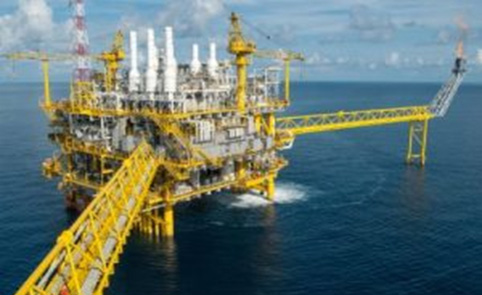Structural Engineering Course
A brief summary
“This structural engineering course in Chennai provides an in-depth understanding of structural behavior, serving as a foundation for the analysis and design of building structures. The curriculum integrates information technology to enhance the design process, fostering innovation and efficiency in structural engineering.”
Career Opportunities in Structural Engineering
Structural engineering plays a vital role in a wide range of industries, ensuring the safety, stability, and efficiency of various structures. Here are some key sectors where structural engineering expertise is indispensable:
- Commercial Buildings: Designing and analyzing structures for offices, retail spaces, and other commercial establishments.
- Airports: Engineering durable and safe airport terminals, hangars, and infrastructure.
- Shopping Malls: Creating large-scale retail spaces with robust and aesthetic structural designs.
- Hospitals and Office Complexes: Developing resilient structures for healthcare facilities and corporate buildings.
- Residential Buildings: Ensuring safe and sustainable housing solutions.
- Petrochemical Complexes: Structuring facilities for processing and handling chemicals.
- Oil & Gas Industry: Building offshore platforms, pipelines, and refineries.
- Offshore Industry: Designing specialized structures for marine environments.
- Refineries: Constructing robust frameworks for refining operations.
- Industrial Plants: Providing innovative solutions for large-scale industrial facilities.
- Energy Sector: Supporting renewable and non-renewable energy infrastructure.
- Chemical Processing Facilities: Designing structures for safe and efficient chemical operations.
- EPC (Engineering, Procurement, and Construction) Industry: Contributing to end-to-end project execution.
- Consulting Engineering: Offering expert advice on structural design and implementation.
- Pharmaceutical Industry: Ensuring structural integrity for manufacturing and storage facilities.
- Project & Construction Management: Overseeing the design and construction of structural frameworks.
- Cement and Fertilizer Plants: Engineering structures for material processing and storage.
- Power Plants: Developing frameworks for thermal, hydro, and renewable energy production.
Structural engineering is the backbone of modern infrastructure and offers a diverse range of career paths across industries. If you’re passionate about creating innovative and safe structures, this field provides endless opportunities.

Eligibility
- Fresh/Experienced, Degree/Diploma Civil Engineers
- Fresh/Experienced, Degree/Diploma Structural Engineers
Syllabus
- Industry and industrial system
- Basic structural requirement of the plants/projects
- Role of Civil engineers in various fields
- Inputs from various departments & output concept of Analysis & Loading Calculation
- Steel Structure Design
- Pipe Racks and Sleepers
- Static equipment foundation design
- Rotating equipment foundation (Block & frame type)
- Plant Buildings such as Compressor House, Control Building, Substation, Pump house, etc.
- Non-plant buildings such as Admin building, Warehouse, Workshop
